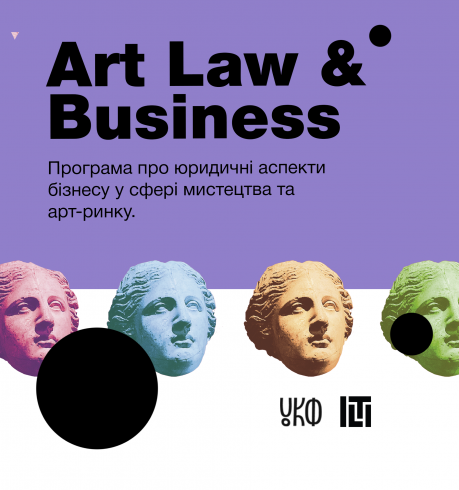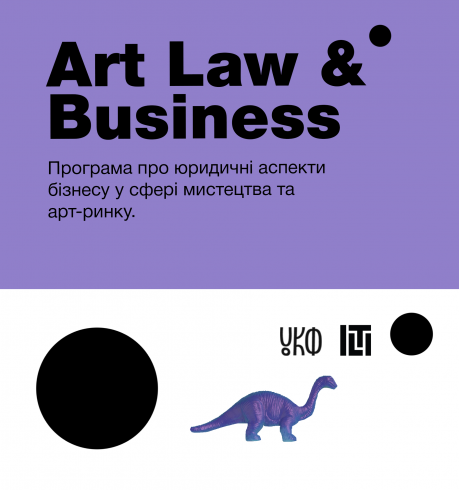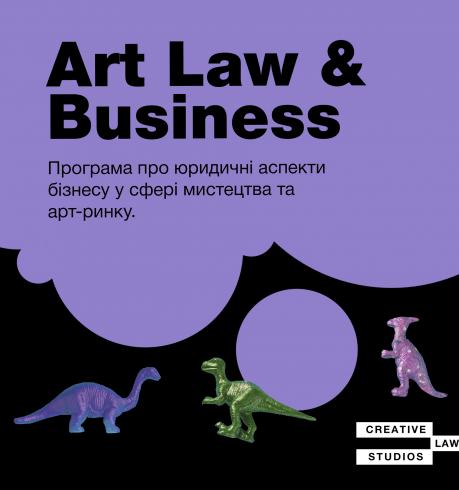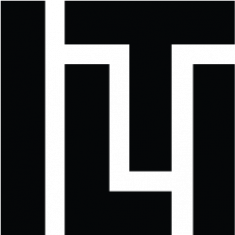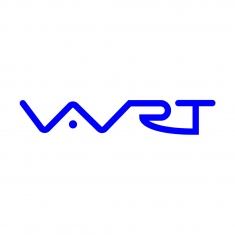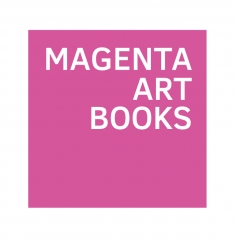
Young professionals, including art critics and culture specialists, art managers and gallery owners, currently lack basic knowledge of the current law, the ability to resolve conflicts of private and public rights.
Module 1. Protection of intellectual property and personal non-property rights in art
Derivative art. Copyright of the work and ownership of the material form of expression, the original work. The boundaries of the intersection of artistic appropriation and copyright in contemporary art. The eternal question of the limits of copyright and freedom of expression. Personal non-property rights of the author. The doctrine of Fair use or cases of the free use of the artwork. Reputation of the artist and whether it can be protected.
Module 2. Art market and its participants. Property copyrights of the art market participants and their protection
Art market and its participants: artists, art managers, curators, art dealers, art experts, collectors and cultural institutions (galleries, museums, auctions). The interaction of art market participants with each other and the legal basis for this or why «trust is good, but protecting yourself by concluding an agreement is better». Particular attention will be paid to the property copyrights of the art market participants and their commercialization, the issue of compliance with copyright to the artwork after its sale or licensing. The lecture material will be accompanied by numerous examples from the practical activities of the lecturer and international experience.
Module 3. Contracts in copyright
Basic principles of copyright that you need to know when concluding contracts. Types of agreements in the field of copyright, their essential conditions in accordance with the law and features that are not mentioned in the legislation. The lecture will be accompanied by practical tasks to consolidate the material and will be aimed at gaining basic knowledge about the legal protection of works and the formation of skills that will: independently analyze the copyright agreements; determine whether they have all the necessary conditions; understand the content of all terms of the contract; identify gaps and inaccuracies in the terms of the contract and correct them.
Module 4. Legal diagnostics of art objects
The international art market is becoming more transparent. Legal diagnostics of art objects before purchase is already commonplace. What is it? Why and how is legal diagnostics performed? How do its results affect the liability of the parties to the contract of sale? How can it facilitate sales, better trust the Ukrainian art market and make art more attractive for investment?
Module 5. The subject of art as an asset: capitalization and monetization
The lecture introduces the student to the art market, giving an idea of the structure and functioning of the main players and the operational links between them. Attention is paid to the collector as the main buyer of art, the motivations of his actions are explained. Information on the pricing of works of art and the mechanisms that influence it are provided. The main financial instruments used by a modern collector are mentioned. At the end of the lecture, the Internet is considered as a means of selling art, examples of successful and unsuccessful online companies are provided, and the prospects for the development of the art market through digitalization are outlined.
Module 6. Museums and cultural values
The lecture will address the issues such as possibility of creating museums, the rights and responsibilities of museum owners, the formation of museum funds. Special attention will be given to the creation of museum collections and museum business. The concept of museum communication. Opportunities and options for museum earnings. The use of Creative Commons license to distribute digital museum collections. Use of museum exhibits. The concept of cultural values and examination of cultural values. Legal view of the market of cultural values in Ukraine. Types of cultural values. Who can be an expert. The purpose of the examination and the application of its results. Procedure for registration of rights to export / import of cultural values.
Module 7. Copyright in the digital age
Digital art and new media art as technology influences art. Generative art, or art that is created with the help of artificial intelligence. Art works on the Internet, whether it is possible to use everything that is freely available online. What are the features of the online art market and how modern platforms for selling art work? New trends in digitalization and the use of Blockchain technology for authentication and provenance. Copileft in art.
Module 8. International Framework for Copyright in Visual Art
Origins and rationale of intellectual property law, copyright in particular. International harmonization and reciprocal enforcement via the Berne Convention for the Protection of Literary and Artistic Works of 1886, and subsequent revisions and related Treaties and Conventions to date. Current international and national copyright frameworks worldwide. Classification of original visual art forms. Automatic ownership. Duration. Transfer of ownership. Licensing of use and income generation. Uses permitted by law. Violations and remedies. Originality and violation tests.
Module 9. Provenance issues in the objects acquired during totalitarian regimes
Evaluation of the importance of provenance information in determining the authenticity and future public market value of cultural objects. The specific context of avant garde or modernist works devoid of provenance information between 1917-1991 will be assessed to identify possible future avenues through which these objects might be transacted on the international art market. During the lecture, relevant case studies will be employed to identify the potential legal and financial challenges associated transacting cultural objects that bear limited or non-existent ownership histories. During the lecture, examples of information verification with detailed instructions will be given. Also the mass media materials will be given, which neglect the generally accepted rules in their activity, and the consequences of such actions will be considered.
Module 10. Protection of cultural heritage. Legal, Ethical and Moral Issues
This lecture explores the ethical question: does the owner of a private collection of culturally valuable objects have an absolute right to sell them? Or do such objects form part of a broader more public national heritage which has equivalent rights over the ‘ethical title’ of the works? Most nations have adopted legal frameworks which enable export deferrals of important cultural objects from both public and private collections. The lecture focuses on the UK, which has had both successes and failures in the retention of cultural heritage.
Handbook of legal issues in the art industry
